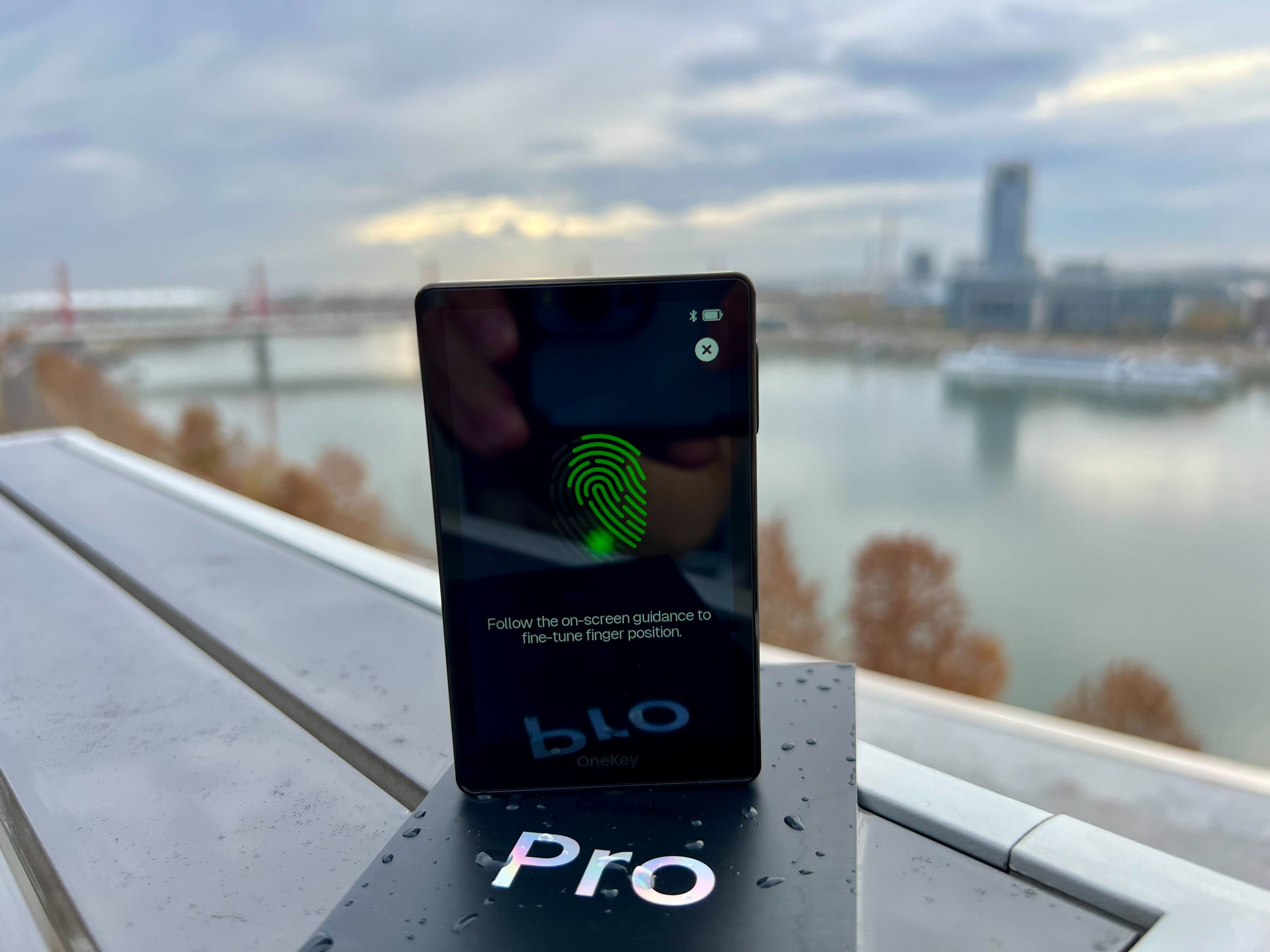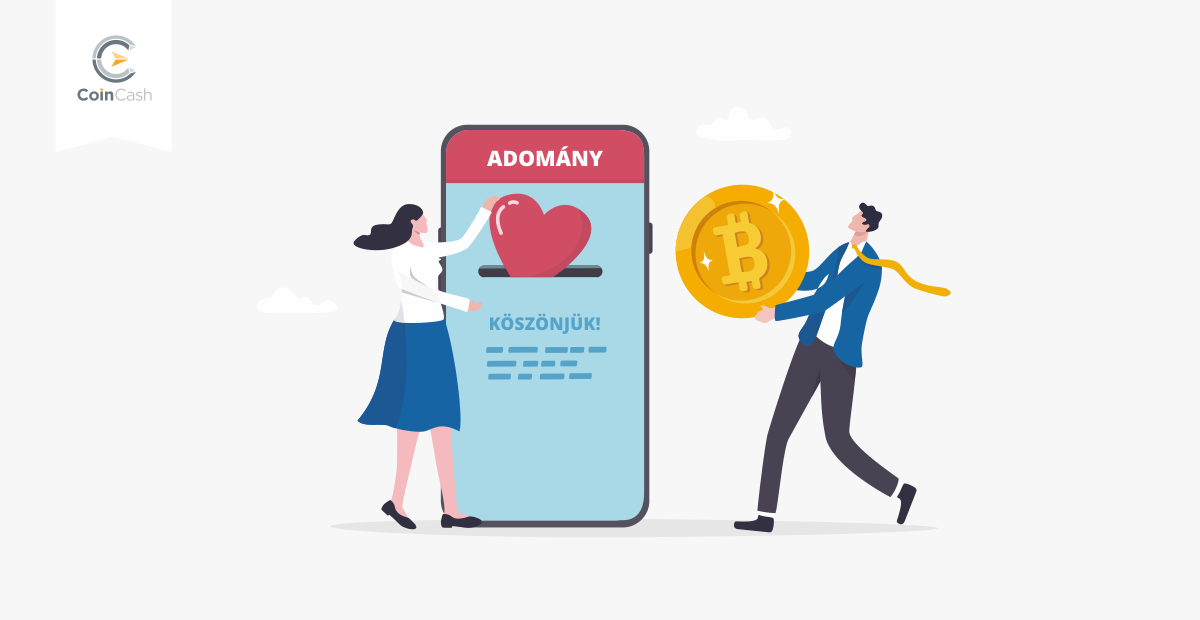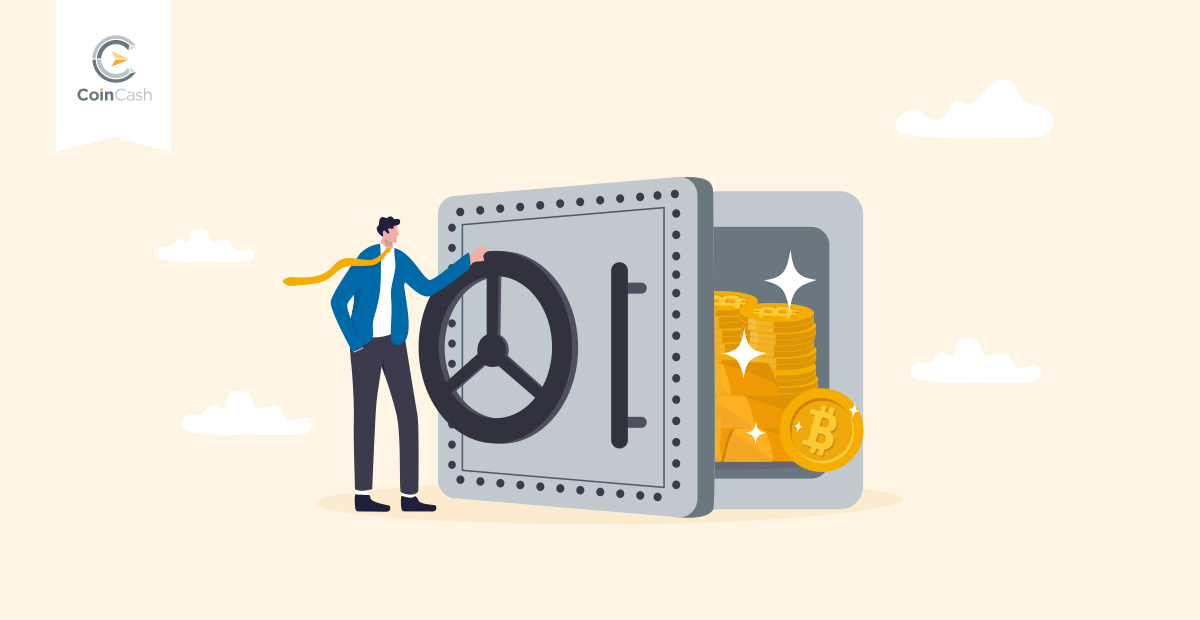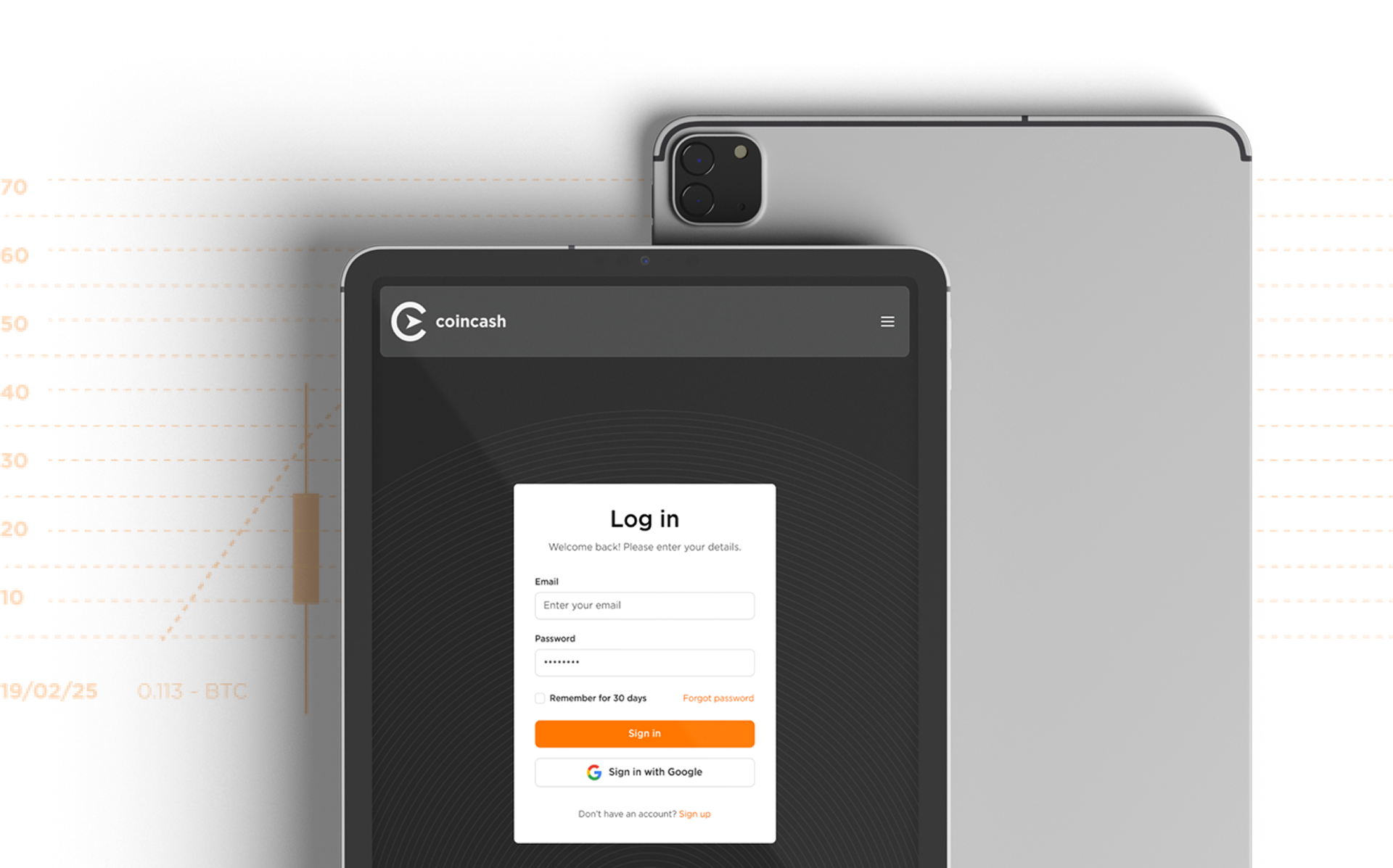Before we get into Bitcoin mining, let's start with a quick overview of what Bitcoin is, as it's crucial to understand what you want to mine! The essence of Bitcoin is that it allows the sending and receiving of bitcoins, assets that behave as money, between users without going through a central party such as a bank or other service provider. Bitcoin is a decentralised payment system and does not need any third party to operate.
The best way to understand it is to know that the traditional financial system is centralised, your bank account is with the bank, the bank manages it, you just give it instructions on what to do with your money. But the account belongs to the bank, the money in it is under its management. On the other hand: with Bitcoin you have your wallet, no bank or authority has any power over it. Importantly, the whole system is also called Bitcoin, and the individual coins are also called bitcoins or bitcoins. Bitcoin is based on blockchain technology, which you can read more about by clicking here.
What is bitcoin mining?
Mining, in short and simple, is the activity of using the computing power of your own computer or mining machine to operate the whole Bitcoin system, authenticate and seal blocks, and receive bitcoins in return. This is called block reward. The block rewards are halved every four years on a regular basis, so that miners receive less and less reward per block, called halving, Bitcoin halving, or Bitcoin block reward halving. Currently, roughly 6.25 bitcoins per ten minutes are distributed to miners, with the next halving coming in the summer of 2024. With each halving, it gets harder and more expensive to mine.
So mining is mining in name only, it's really about the operators of the system who receive bitcoins in exchange for their computing power.
Mining emerged with Bitcoin, and we link it to the proof-of-work consensus mechanism used by Bitcoin. In the case of cryptocurrencies using the proof-of-stake consensus mechanism (such as Ethereum now), there is no mining in the traditional sense, because the network operators are not miners but validators who are given the right to validate transactions in proportion to the number of coins they have committed. In practice, you can also mine here, i.e. you can participate in the operation of the network in exchange for crypto, but in the case of proof-of-stake it depends on the number of coins you have committed, not on the computing capacity of your machine. So let's stick with Bitcoin.
How to mine bitcoin at home?
For a long time, the press was dominated by the huge mining machine farms, with thousands of cards lined up in rows. Such giant farms are still in operation today, and if you're handy you can always put together a multi-card farm. But since few of us can put one of these together at home, let's focus on more domestic solutions.
If you want to mine Bitcoins, all you need is computing power.
Desktop PC, laptop or phone
Start with your desktop PC or laptop. You can download software to start mining at any time, but it's almost certain that the computing power of your computer alone will be far too little to produce any meaningful coins, with very little chance of getting a block reward. The same is true for the phone. At the beginning of 2018, I downloaded a phone mining app mined 0,000053 EUR of bitcoins from evening to morning. So I wouldn't even reach one forint in a year. Moreover, this was half a year earlier, when the mining difficulty was much lower.
You can build yourself some hardware, consisting of a motherboard, a hard disk and a couple of video cards, and then optimise them to mine more efficiently, but you need to have a good understanding of IT. I, for example, being a complete IT-idiot, even though I bought a rig around 2018, I couldn't mine Zcash, a lesser known cryptocurrency, efficiently, I couldn't handle the technical problems that arise, which a competent person could have solved.
Also, these machines are very noisy, for home placement it is important to have them in some kind of soundproofed place/space. In addition to the noise, they also produce a lot of heat, as if a radiator was turned on and was pouring out heat.
Mining pools
If you want to mine at home without any serious info knowledge, you have a few options.
Mining pools
Let's start with mining pools. Online mining pools, which might be sloppily translated as mining communities, are decentralised pools of users who pool the capacity of their machines to mine together with greater capacity and efficiency. So you're mining from your home machine, you're just connecting with others to mine more together. There are several types of pools, some that are set up for one currency, but there are also multipools that change what they mine depending on the difficulty of the moment.
On BTC.com you can find detailed statistics on which pools are in operation and how much they yield. It's important to do your research before joining a pool, never join one you haven't researched thoroughly.
Remember, to mine you need to have your wallet connected, if you connect to a scammer's site all your crypto can be lost!
Asic hardware
Another good home device is the hardware specified for mining. These machines, called ASICs (application-specific integrated circuits), are designed and built specifically for mining.
They don't really do much else, but they are the most efficient for bitcoin mining.
You don't need to know anything about them, you get the machine ready to go, basically all you need is a socket and an internet connection, enter your wallet address and you're ready to mine.
Their power consumption depends on the type, but you can find plenty that don't consume much and aren't very loud, so you can obviously mine less with them. We can't give you specific company names, but you can find companies here at home where you can walk in and buy a target hardware, and they even make them that look aesthetically pleasing, so they support interior design.
Mining Services
But it might be even easier if you don't do the mining yourself, but have someone else do the mining for you. In this case, you are effectively renting the computing capacity, you don't run the machines, someone else manages the infrastructure, you just get the coins. There are also several types of this, you can find a company in your own country where you can walk in and basically rent the computing capacity. But you can also contract with a cloud mining company online, in the latter case, because there is no personal contact, there is more risk. If you type "cloud mining" into Google, you'll find a number of good results, with Nicehash, Cherry Services and Binance's own cloud mining service also useful.
So yes, you can mine at home, it's not that hard to get started, and it doesn't matter if you don't know how to use the gadgets!
Is it still worth mining Bitcoins?
Another common question is whether it's worth mining bitcoin at all. The formula is simple: subtract the energy cost of mining from the price of the bitcoin you mine and you get the profit. It's often said that nobody should bother mining bitcoin anymore: the exchange rate is low, the mining difficulty is high, and the cost of electricity is sky high, so at the end of the day, the maths never adds up.
Well, Bitcoin's hashrate (which you can find here), the total global computing capacity that powers the network, has been growing steadily, in a trend-like fashion, and has also hit historic records several times in the last year and a half alone, since the Bear Market started. So with the statement that the math doesn't add up, the bitcoin miners themselves don't really agree. It depends on when the end of the day comes.
For sure, if you don't understand IT and you don't want to buy an ASIC hardware, it's not worth it. Neither your phone, without an online pool, nor your laptop, nor your PC have the hardware capacity to make it worth it. In fact, even if you start now with a good machine and sell the coins immediately, you may still come out of it with a loss.
But if you believe in crypto and expect bitcoin to go up from the current levels of between $25,000 and $30,000, then mining can be seen as an investment:
you collect coins and wait until they are worth much more.
This is the mindset of the many miners who are currently operating the Bitcoin network, providing the hashrate that is still near its historic peak.
We'll talk about what I think is a really interesting topic, why bitcoin miners are one of the key drivers of energy innovation, in a later post.



